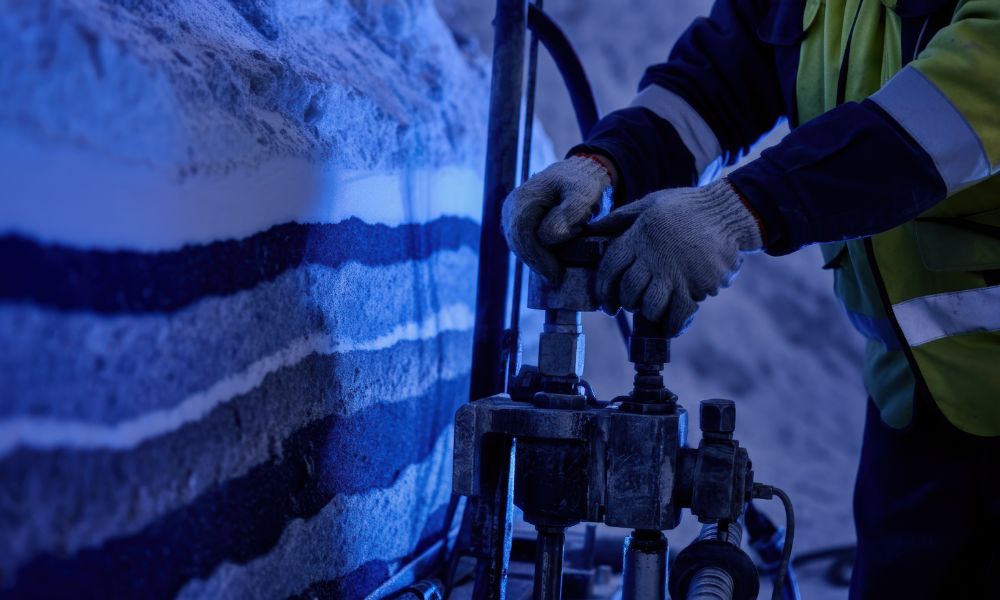Former construction supervisor appeals conviction in workplace death of teenager

In a case that is expected to have far-reaching implications for workers and employers across Canada, a former construction supervisor is appealing his conviction for criminal negligence in connection with the workplace death of a teenager.
The appeal draws attention to the complex intersection of workers' rights and their duty to cooperate with regulators during investigations. Graeme Hooper, associate counsel with Mitha Law Group, says it will be significant for any worker or employer in Canada.
“We have a right to silence whenever we are under investigation for a potential prosecution. But in the workplace setting, employers and workers also have a duty to speak to the regulator. When that duty to speak is turned off and the right to silence is turned on can be hard to pinpoint, even for lawyers and the courts,” explains Hooper. “How is a worker, supervisor, or employer, in shock from a workplace accident, supposed to figure that out?”
Alleged legal errors
The case revolves around the death of 18-year-old Michael Henderson in 2018. Jason King, the former construction supervisor, was found guilty of criminal negligence in Henderson's death, and was sentenced to three years in prison. But he is now appealing the decision based on alleged errors in his trial.
CBC News reports King's defense lawyer, Patrick Hurley, contends that Judge Thomas Christie erred during the trial by admitting a statement King provided to WorkSafeNB employees and misinterpreting King's responses in that statement.
Furthermore, Hurley argues the judge wrongly concluded King breached the standard expected of a reasonable supervisor, despite a lack of evidence supporting this standard. As a result, King is requesting the court to either overturn his conviction and acquit him or order a new trial.
How Henderson died
The trial heard testimony Henderson was working on a project at the City of Fredericton's sewage plant, constructing a large concrete clarifier. The clarifier had a hole in the middle, with a horizontal pipe running to a nearby manhole.
In the weeks leading up to Henderson's death, King discussed using a large inflatable plug to seal the pipe and testing its watertightness by filling the manhole with water.
On August 16, 2018, Henderson was working in the hole at the clarifier's center. King initiated the water filling process around noon and left it running while Henderson and other workers went for lunch.
Upon returning, Henderson resumed work, but the plug slipped out of the pipe, trapping him in the hole as water levels rose above his head. He remained submerged for several minutes until first responders could free him.
Statements used as evidence in trial
During the trial, King testified he believed Henderson wouldn't return to the hole after lunch. However, Crown prosecutors presented a recorded statement where King acknowledged he knew Henderson still had work to do in the hole after lunch. King also admitted to not directly instructing Henderson to avoid returning to the hole or informing him about the potentially lethal leak test.
"Regulatory investigators are trained to say the right things to try to ensure the statements can be used against you. But workers, supervisors, even employers, are not,” notes Hooper.
“Often they hear that someone from a safety regulator wants to ask questions, and they feel the need to speak to be helpful. Indeed, in many cases, they are legally required to speak. They give statements regardless of what the investigator says about the potential for it to be used against them."
The case highlights a crucial lesson for all workplace parties: know your rights and responsibilities when faced with an investigation. “Ask the investigator: 'Am I required to speak to you?' If you have a right to silence, use it. If you are unsure, consult a lawyer," suggests Hooper.
As King's appeal proceeds, it serves as a reminder of the complexities involved in workplace investigations and the need for both employers and employees to navigate them carefully while being aware of their legal rights and obligations.
Meanwhile, King has requested to be released on bail pending his appeal decision. A hearing on the bail request is scheduled for October 16.





